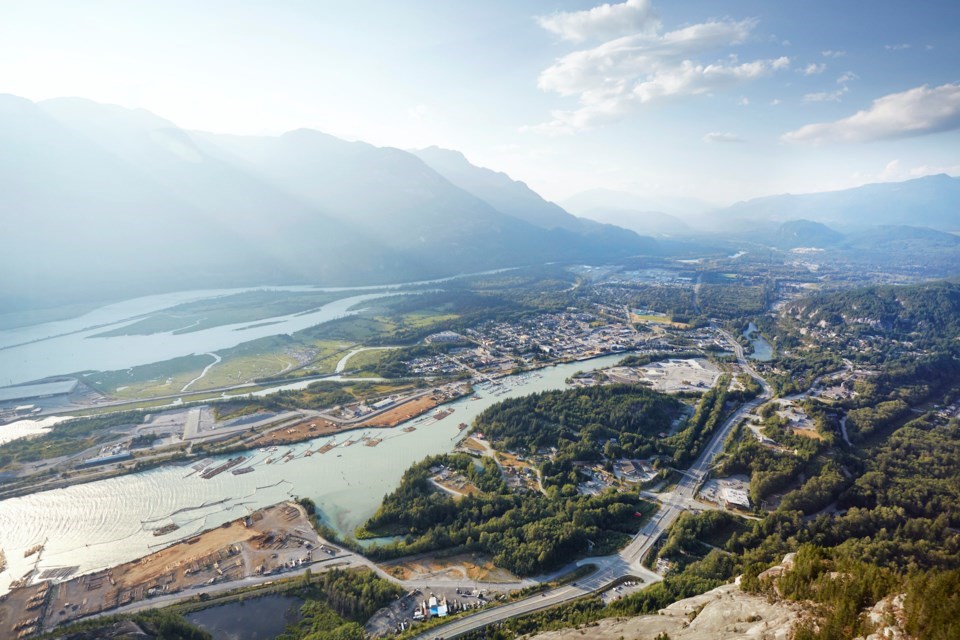The B.C. government is expanding its speculation and vacancy tax to smaller municipalities, including North Cowichan, Duncan, Ladysmith, Lake Cowichan, Lions Bay and Squamish.
B.C. Minister of Finance Selina Robinson announced the tax’s expansion on the back of a government-commissioned report that estimates about 20,000 condo units have been rented out as a result of the tax’s inception in 2018 in major urban centres, namely the Lower Mainland.
The speculation tax is currently in effect in municipalities in the Lower Mainland and capital region, along with Nanaimo, Lantzville, Kelowna and West Kelowna.
"In 2018, we implemented the landmark speculation and vacancy tax that targeted speculators and quickly helped turn thousands of empty units into homes for people," said Robinson July 20 in Vancouver. "After careful consideration and listening to people and community leaders on speculative real estate concerns in their communities, we're expanding the tax to these additional areas that are facing intense housing pressures."
The tax, or SVT, is designed to incentivize renting out an otherwise empty unit — typically a second home — to increase supply of housing. It also takes aim at taxing satellite families who earn income overseas, in order to curtail demand on housing from income derived outside the province.
Over the first three years of the tax, the SVT has generated $231 million for affordable housing, the ministry claims, by charging Canadian citizens or permanent residents who leave their homes vacant 0.5 per cent of their property’s value and foreign owners and satellite families 2 per cent of their property’s value.
The June 2022 report, written by University of British Columbia economics professor Tsur Somerville and real estate consultant Jake Wetzle, outlined steps to expand the tax given some of the findings the ministry found to be positive.
“Though there may not be a high instance of foreign ownership or vacant properties in more rural areas, expanding the SVT will provide a disincentive for future speculative investment that can lead to further demand and increases in housing prices,” stated the report, which adds, “the tax should apply in municipalities that are in close proximity if it’s reasonable to live in one municipality and work in the other.”
As such, the newly targeted Vancouver Island communities are close to Nanaimo and Victoria, whereas Lions Bay and Squamish sit just north of the Lower Mainland.
The report also called for an expansion where communities asked for it.
B.C. mayors have asked that revenue collected is disbursed proportionately in each community for social housing projects.
Province-wide, the tax brought in just over $78 million in 2021. Of that, $44.4 million or nearly 57 per cent, came from foreign owners and “satellite families.”
The tax expansion will begin January 2023, meaning residential property owners in the areas wiill either claim an exemption or pay the tax for the first time in January 2024.



